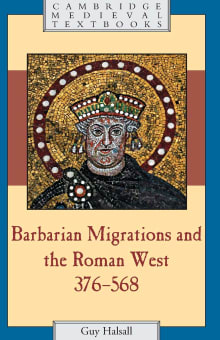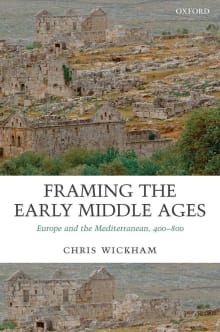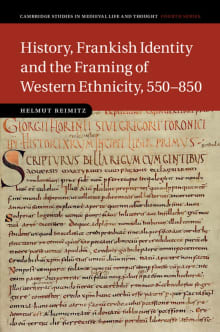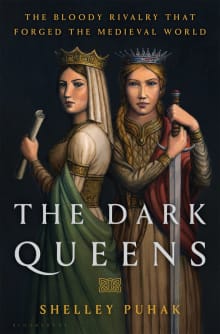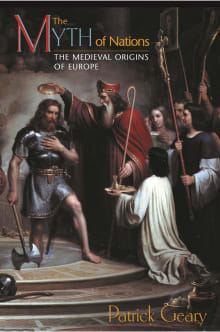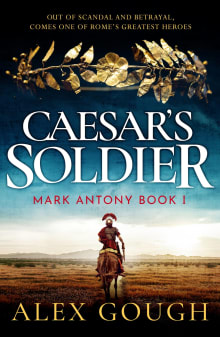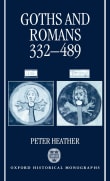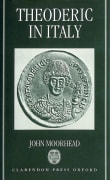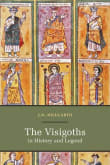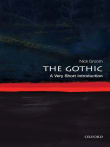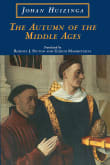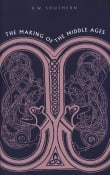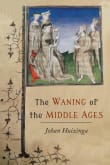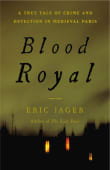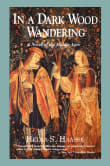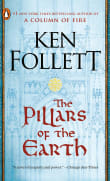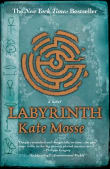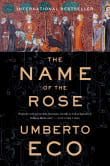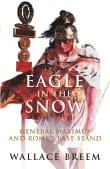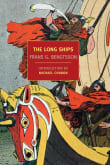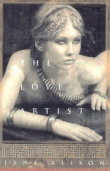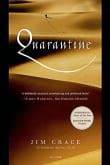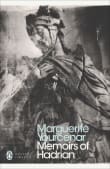
Why did I love this book?
Guy Halsall has a comprehensive knowledge of the history and archaeology of the early Middle Ages as well as a firm control of all of the centuries of debates and controversies about this period.
He cuts through a lot of the misunderstandings and misinterpretations of this crucial period of history. Often opinionated but never dull, he provides the best general narrative guide to date in English on the transformation of Western Europe.
2 authors picked Barbarian Migrations and the Roman West, 376-568 as one of their favorite books, and they share why you should read it.
This is a major survey of the barbarian migrations and their role in the fall of the Roman Empire and the creation of early medieval Europe, one of the key events in European history. Unlike previous studies it integrates historical and archaeological evidence and discusses Britain, Ireland, mainland Europe and North Africa, demonstrating that the Roman Empire and its neighbours were inextricably linked. A narrative account of the turbulent fifth and early sixth centuries is followed by a description of society and politics during the migration period and an analysis of the mechanisms of settlement and the changes of identity.…

